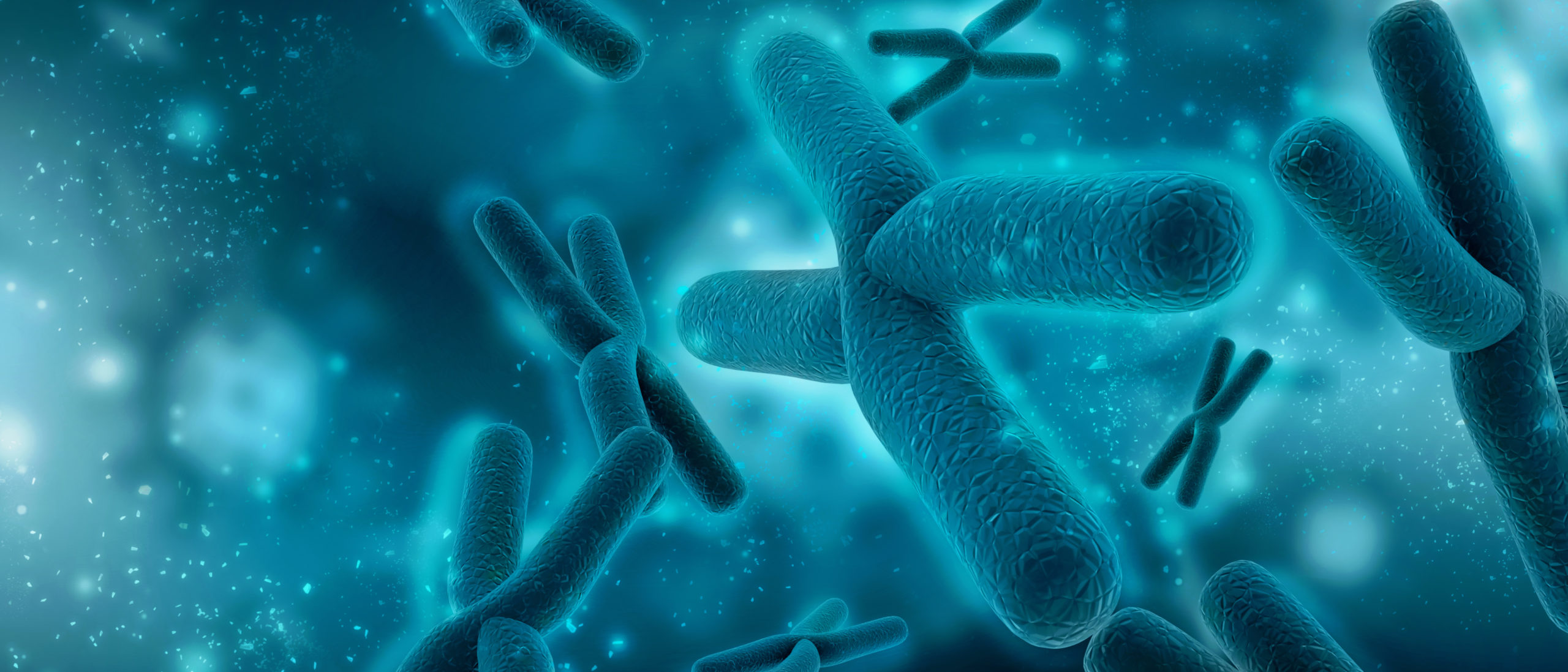What is Chromosomal Microdeletion?
What is chromosomal microdeletion?
Chromosomal microdeletion syndromes are those caused by chromosomal deletions involving several genes. Chromosomal deletion occurs when parts of a chromosome (of which each cell of the body has 46, 23 pairs) are missing or deleted. Even the smallest part of a chromosome can contain many genes, and a deletion of this part of the chromosome can affect several genes.
Chromosomal microdeletion is usually de novo, or a new mutation, and is not inherited.
Chromosomal microdeletions are by their nature too small to be identified by one of the most common types of genetic testing – karyotyping. Testing is usually done by fluorescence in situ hybridization (FISH).
Some of the most well-known chromosomal microdeletion syndromes include –
Angelman syndrome – 15q11.2-q13
Prader-Willi syndrome – 15q11.2-q13
Williams-Beuren syndrome – 7q11.23
Smith-Magenis syndrome – 17p11.2
Di-George syndrome – 22q11.2
Chromosomal microdeletion syndromes
Di-George syndrome – 22q11.2 chromosome microdeletion
The chromosomal microdeletion which causes this rare disease occurs on the long arm of chromosome 22. This rare disease puts affected individuals at a higher risk for developing psychiatric conditions, including schizophrenia. Individuals are also at higher risk for autism, ADD, and other social and neurological conditions.
Miller-Dieker syndrome – 17p13.3 chromosomal microdeletion
This rare disease is caused by a microdeletion on chromosome 17, affecting the PAFAH1B1 gene. It presents with unique facial features including a high and prominent forehead, short nose, and a small jaw amongst others. The most serious symptom associated with the syndrome is lissencephaly – a smoothness in the brain which affects the mental and cognitive development of an individual.
3q29 microdeletion syndrome
This rare disease is a result of a microdeletion from chromosome 3 in each cell of the body. Symptoms of this syndrome can vary considerably between affected individuals, ranging from mild to moderate. Developmental delay and intellectual disability (mild-moderate) are both common features, and speech development is usually most affected. Individuals are also at higher risk for developing autism spectrum disorder and schizophrenia.
Chromosomal microdeletion and genetic counseling
Genetic counseling is an important service when it comes to understanding chromosomal microdeletion syndromes, how they are caused and their types of genetic inheritance (where and if relevant), and what it means for a patient diagnosed with one.
Genetic counseling provides information about microdeletion syndromes, including their symptoms and potential short and long term health outcomes. Genetic counseling can help coordinate the care and management options and solutions for someone diagnosed with a microdeletion syndrome.







